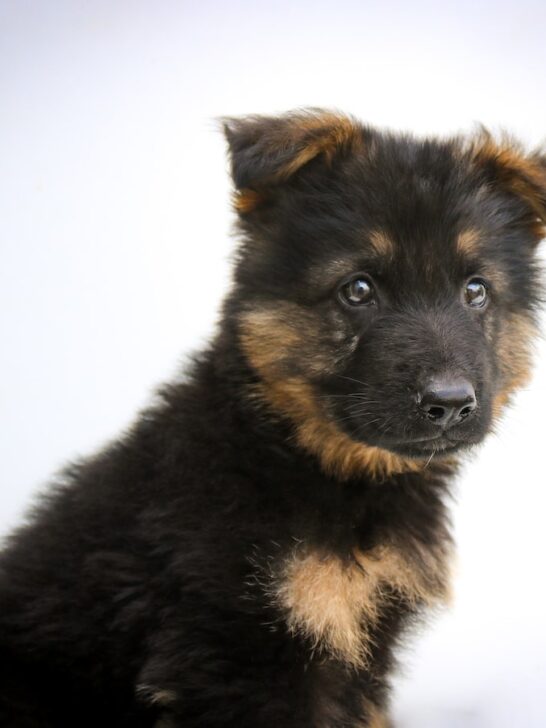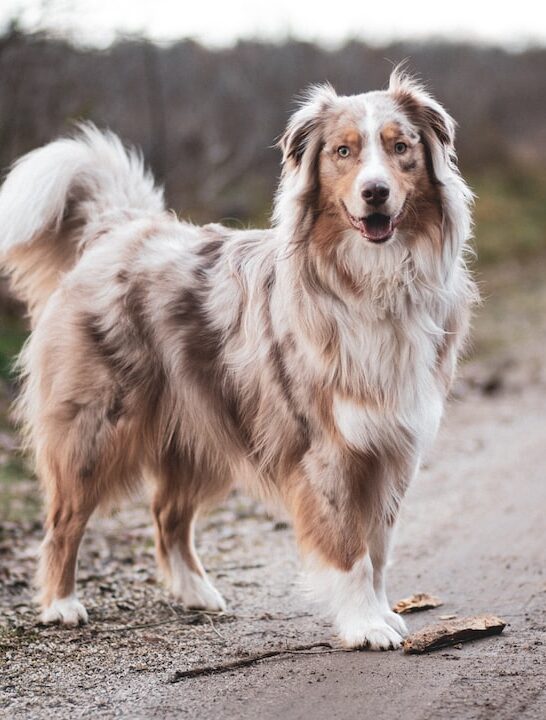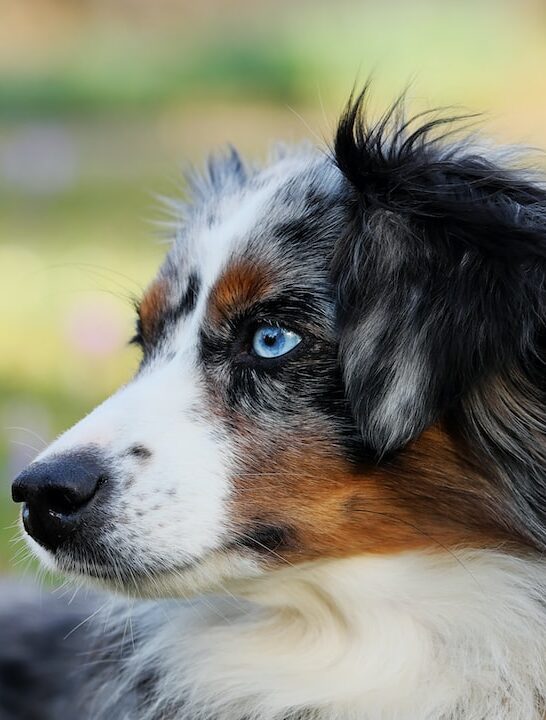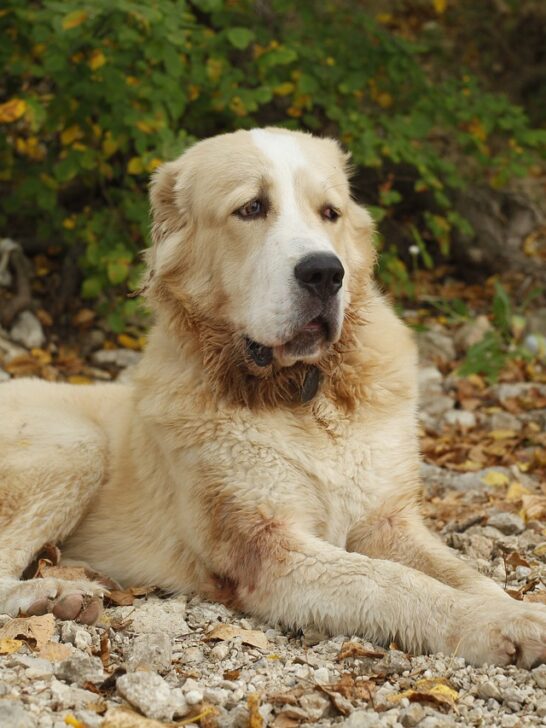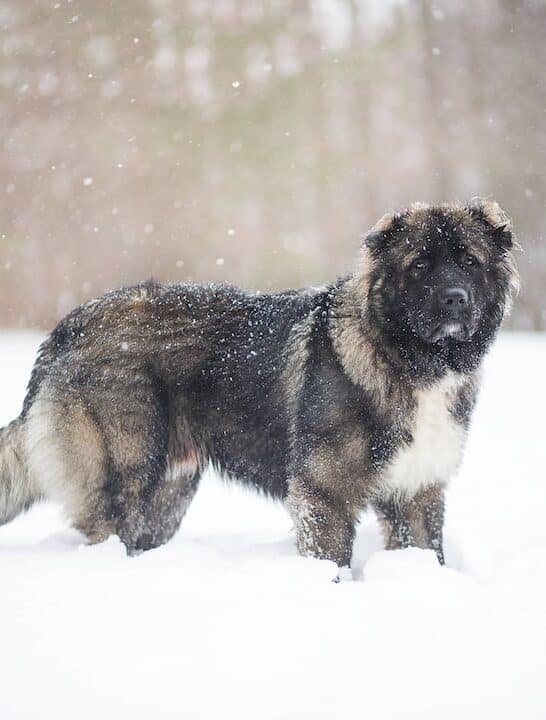Dutch Shepherd Dog Breed Guide
|
Prefer listening over reading? We got you covered!
Getting your Trinity Audio player ready...
|
Are you looking for a loyal and energetic companion? Look no further than the Dutch Shepherd! Originally used as a shepherd’s dog, these medium-sized pups are now commonly seen as police dogs and guide dogs for the blind.
With their brindle coat and gold or silver undertones, Dutch Shepherds are not only beautiful but also affectionate and well-suited for families with children. Keep reading to learn more about their history, physical characteristics, and training needs.
Dutch Shepherd Dog Breed Information
- Origin: Netherlands
- Size: Medium-sized breed
- Coat: Short to medium-length, straight, and dense coat
- Color: Brindle (most common), with a base color of gold or silver
- Build: Well-muscled, athletic, and agile
- Temperament: Intelligent, loyal, energetic, alert, obedient, protective
- Training: Quick learners, responsive to positive reinforcement training methods
- Socialization: Requires early socialization to ensure good behavior with people and other animals
- Exercise Needs: High energy levels; needs regular exercise and mental stimulation
- Working Abilities: Historically used for herding and as a farm dog. They excel in various dog sports and activities
- Health: Generally healthy breed. May be prone to dysplasia and certain genetic conditions
- Lifespan: Typically 12-15 years
History of the Dutch Shepherd
The Dutch Shepherd originated in the late 19th century in Holland. They traditionally served as shepherd’s dogs, guarding flocks of sheep and protecting crops. These dogs accompanied the sheep to meadows, markets, and ports. They were ensuring their safety along the way.
Over time, the Dutch Shepherd’s skills and versatility led to their use in various roles. They became police dogs, search and tracking dogs, and even guide dogs for the blind. They have a similar standard to Belgian and German Shepherds, with a medium-sized, well-muscled, and balanced body shape.
The Dutch Shepherd is a natural land breed, and their first breed standard dates back to June 12, 1898. Their coat color is always brindle with gold or silver undertones. Dutch Shepherds make excellent companions for families with children, farms or rural areas, and watchdogs and guard dogs.
Did You Know?
| 1 | 2 | 3 | 4 |
|---|---|---|---|
| The breed nearly became extinct during World War II. The Dutch Shepherd breed club in the Netherlands worked hard to revive it. | Dutch Shepherds used to come in all different colors. In 1914 it was decided that Dutch Shepherds can only be brindle. | The dogs of this breed come in three coat types: short-hair, long-hair and rough-hair. The latter is the rarest of them all. | In the late 20th century, Dutch Shepherds evolved from working as herding dogs to service dog roles, like K9 units, rescue dogs, and guide dogs for the blind. |
Physical Characteristics of the Dutch Shepherd
With a medium-sized, well-muscled body and a brindle coat, the Dutch Shepherd is a striking and athletic breed. They have a balanced body shape and are known for their agility and strength. Their physique reflects their agility and strength, making them a versatile working dog.
Temperament and Personality Traits of the Dutch Shepherd
When considering a Dutch Shepherd, you’ll appreciate their affectionate and loyal temperament. These dogs are known for their loving nature and strong bond with their owners. They are always eager to please and will go to great lengths to protect their family.
Dutch Shepherds are a highly intuitive and intelligent breed. Their sharp minds make them quick learners and excellent problem solvers. This intelligence, combined with their strong work ethic, makes them a versatile and adaptable breed.
Their intelligence also extends to their ability to understand and respond to human emotions. These dogs often exhibit a remarkable level of empathy. It allows them to provide comfort and support when their owners are in distress.
Training and Exercise Needs of the Dutch Shepherd
Proper training and exercise are crucial for meeting the needs of a Dutch Shepherd. These intelligent dogs excel as guard dogs and working dogs. They have a strong herding instinct and are devoted, happy, and obedient.
To ensure a well-rounded dog, early socialization is crucial and should start at a young age. Dutch Shepherd puppies require daily exercise. They thrive in activities such as agility, obedience training, herding, and guard work. A yard is necessary for them to run and play, as lack of exercise can lead to destructive behavior.
It’s important to provide both physical and mental exercise for this breed. Establishing yourself as the pack leader and using positive reinforcement training methods will be effective in training your Dutch Shepherd.
Health Concerns for Dutch Shepherds
Regular vet checkups are important for the early detection and treatment of any potential health issues in Dutch Shepherds. As a responsible owner, it is crucial to prioritize your dog’s well-being. Remember to schedule these regular checkups. Dutch Shepherds are generally a healthy breed with no serious hereditary illnesses. However, one potential health concern to be aware of is hip dysplasia, although occurrences are low. To minimize the risk, it is recommended to purchase a Dutch Shepherd from OFA-certified parents. By doing so, you can ensure that proper health screenings have been conducted. The average lifespan of a Dutch Shepherd is 13 to 15 years. Regular vet checkups can help ensure that your furry friend stays healthy and happy throughout their life.
Grooming and Care for Dutch Shepherds
Now that you’ve learned about the health concerns for Dutch Shepherds let’s move on to the next important aspect of caring for these dogs: grooming and general care.
Taking care of your Dutch Shepherd’s coat and overall well-being is crucial to keeping them happy and healthy. Here are some key points to consider:
Coat Care
- Dutch Shepherds have a medium-length, brindle coat with gold or silver undertones.
- Regular brushing is necessary to remove loose hair and prevent matting.
- Bathing should be done as needed, using a dog-friendly shampoo.
- Pay attention to their ears and nails, keeping them clean and trimmed.
General Care
- Providing a well-balanced, nutritious diet is essential for their daily activities.
- Regular exercise, including physical and mental, is important for their well-being.
- Regular vet checkups are crucial for early detection and treatment of any health issues.
Dutch Shepherds as Working Dogs
When it comes to their role as working dogs, Dutch Shepherds excel in various fields such as police work, search and tracking, and serving as guide dogs for the blind. These intelligent and intuitive dogs are known for their loyalty and protective nature towards their family. They have a strong herding instinct and are loving, happy, and obedient.
Dutch Shepherds require daily exercise and mental stimulation to prevent destructive behavior. They are eager to please and respond well to positive reinforcement training methods. Early socialization is crucial for a well-rounded dog, and training should start at a young age.
Dutch Shepherds have a medium-sized, well-muscled, and balanced body shape, making them suitable for agility, obedience, herding, and guard work. A yard is necessary for them to run and play, and they thrive in households that provide them with the physical and mental exercise they need.
Dutch Shepherds as Family Pets
Dutch Shepherds make excellent family pets due to their tender and loyal nature, making them a great addition to any household. They are known for their intelligence and trainability, which makes them easy to work with and teach new commands.
Here are some reasons why Dutch Shepherds are great family pets:
- Affectionate and loyal: Dutch Shepherds form strong bonds with their family members and are always eager to show their love and loyalty.
- Good with children: These dogs are patient and gentle with children, making them a great choice for families with kids.
- Protective instincts: Dutch Shepherds have a natural protective instinct, which means they will always prioritize the safety of their family.
- Energetic and playful: These dogs love to play and require regular exercise, which can be a great way for the whole family to stay active and have fun together.
- Herding and guarding behavior: As dogs with guarding and herding in their blood, Dutch Shepherds are not a good fit for cats and other small animals. They can get along with other dogs, though.
Overall, Dutch Shepherds are a wonderful choice for families who are looking for a loving and devoted companion that will bring joy and happiness to their home.
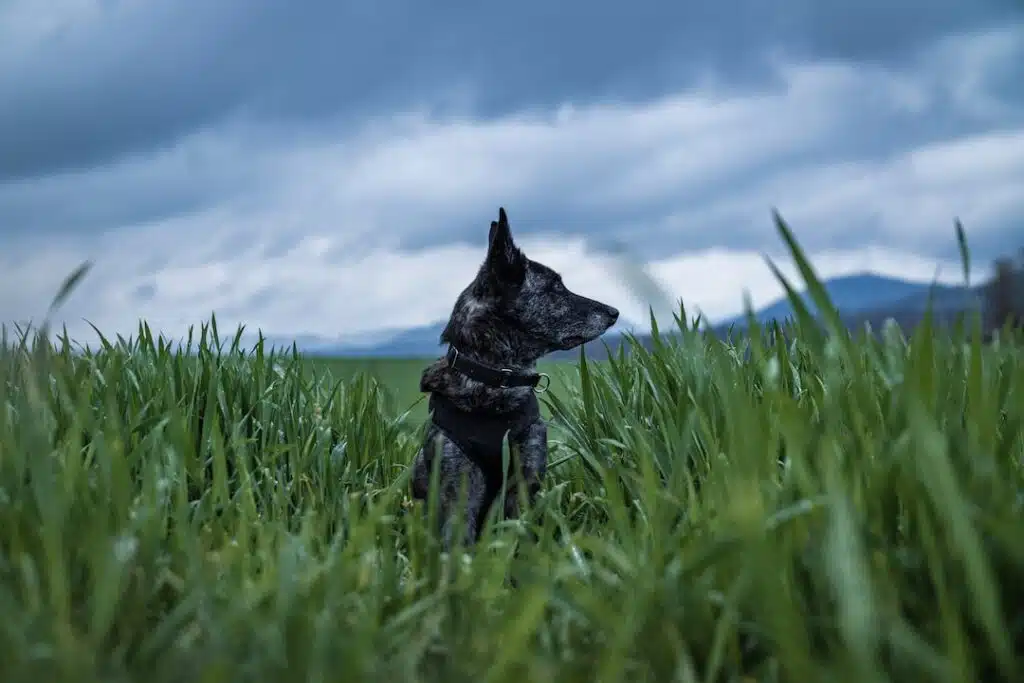
Finding and Choosing a Dutch Shepherd
If you’re looking to find and choose a Dutch Shepherd, there are several factors you should consider before making your decision. Dutch Shepherds are known for their intelligence, trainability, and versatility. They make excellent family pets, police dogs, and service animals.
When choosing a Dutch Shepherd, it is important to consider their temperament, energy level, and exercise needs. These dogs are affectionate, loyal, and energetic, so they require daily exercise and mental stimulation.
Overall, a Dutch Shepherd can be a great addition to your family if you provide them with the love, attention, and exercise they need.
Conclusion
In conclusion, if you’re looking for a loyal and energetic companion, the Dutch Shepherd is an excellent choice. With their rich history as working dogs, they excel in various roles, such as police dogs, search and tracking dogs, and guide dogs. Their affectionate and playful nature makes them great family pets, especially in homes with children and yards. Remember to provide them with a nutritious diet, regular exercise, and positive reinforcement training.
So, if you’re ready for a devoted and healthy addition to your family, consider a Dutch Shepherd.
Dutch Shepherd FAQ
What is the coat color of a Dutch Shepherd?
Dutch Shepherds can come in a variety of coat colors, including brindle, fawn, and silver brindle.
Are Dutch Shepherds good search and rescue dogs?
Yes, Dutch Shepherds are highly valued for their search and rescue abilities. They have a strong sense of smell and are able to locate missing persons with great efficiency.
Do Dutch Shepherds shed a lot?
Dutch Shepherds have a short, dense coat that does shed, but not excessively. Regular brushing can help minimize shedding.
Can Dutch Shepherds be registered with the American Kennel Club?
Yes, Dutch Shepherds can be registered with the American Kennel Club (AKC).
What is the temperament of a Dutch Shepherd?
Dutch Shepherds are known for their intelligence, loyalty, and trainability. They are highly energetic and make great working dogs.
Are Dutch Shepherds good with children?
Dutch Shepherds can be good with children if properly socialized and trained. However, they are an active breed and may be better suited to households with older, more active children.
Where can I find a reputable Dutch Shepherd breeder?
It is important to do thorough research when looking for a Dutch Shepherd breeder. The Dutch Shepherd Club of North America (DSCNA) and the Dutch Shepherd Dog Club of America (DSDCA) can provide recommendations for reputable breeders.
How often does a Dutch Shepherd shed?
Dutch Shepherds typically shed twice a year, during the spring and fall seasons. Regular brushing can help manage shedding during these times.
What are some common health issues in Dutch Shepherds?
Like any dog breed, Dutch Shepherds can be prone to certain health issues. It is important to work with a reputable breeder who tests their breeding dogs for genetic health conditions. Some common health issues in Dutch Shepherds include hip dysplasia, elbow dysplasia, and progressive retinal atrophy.
























